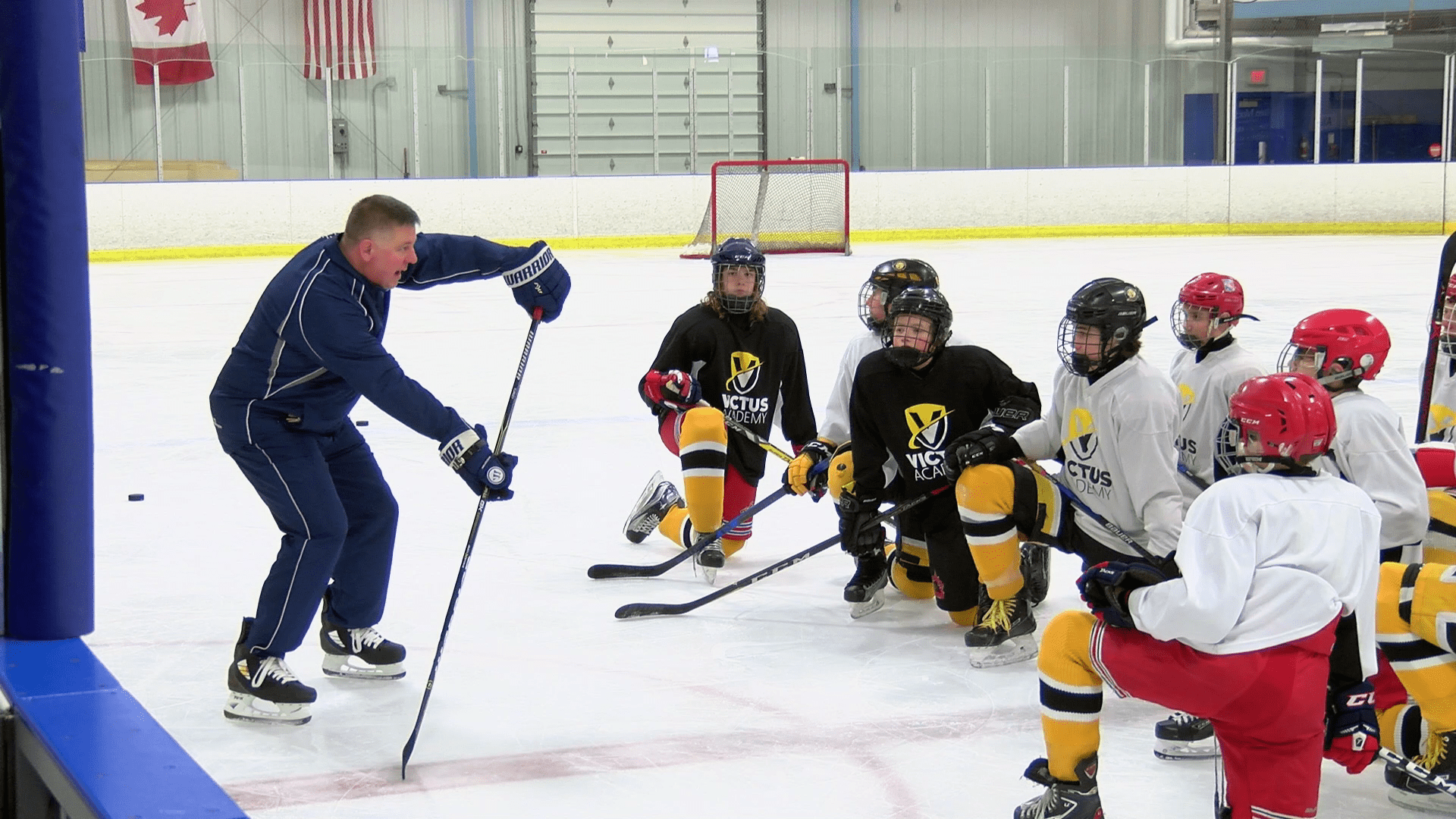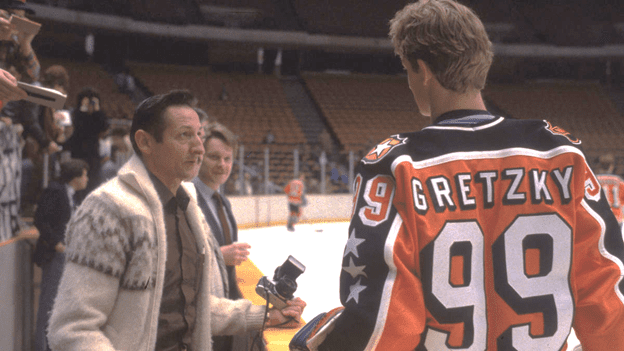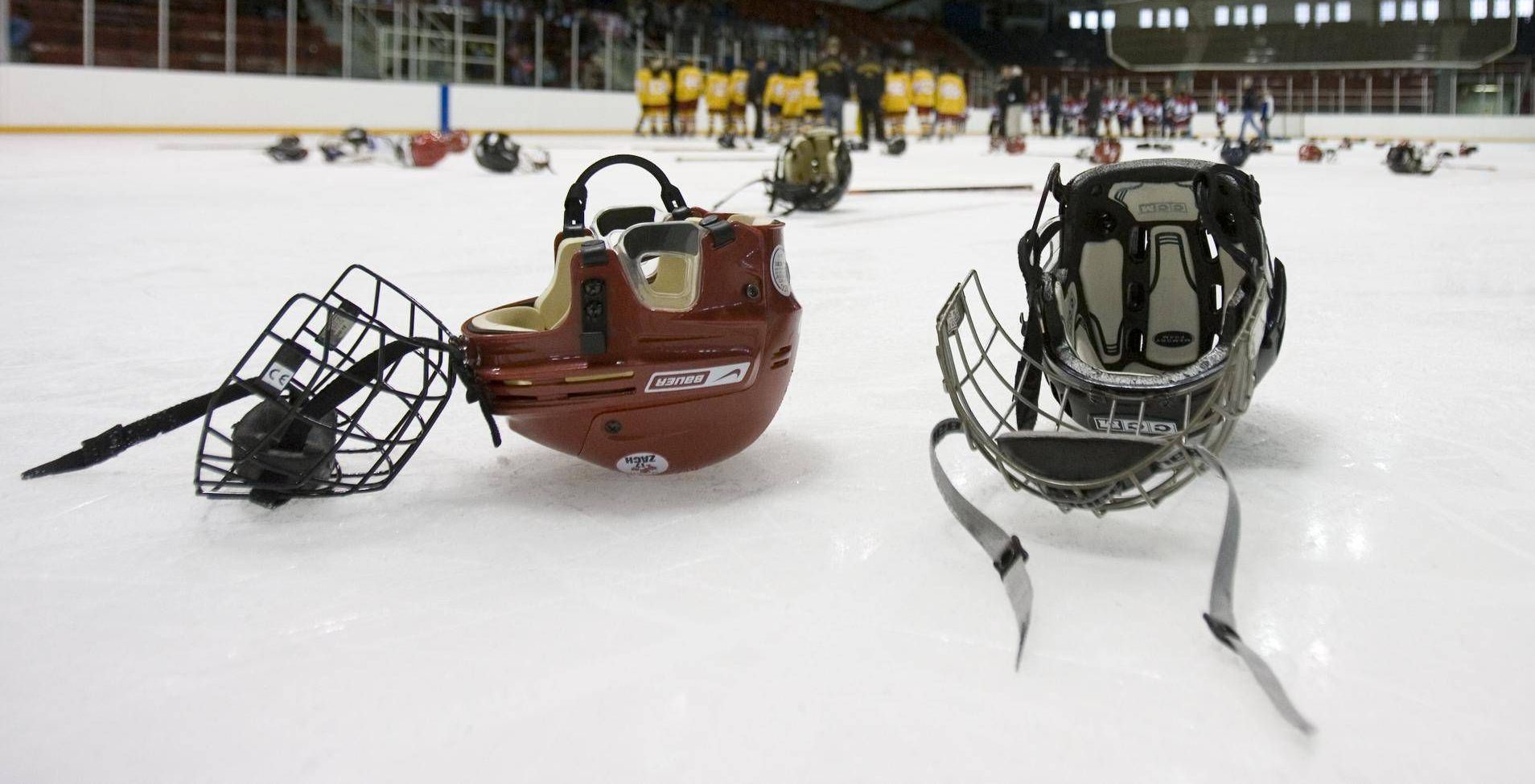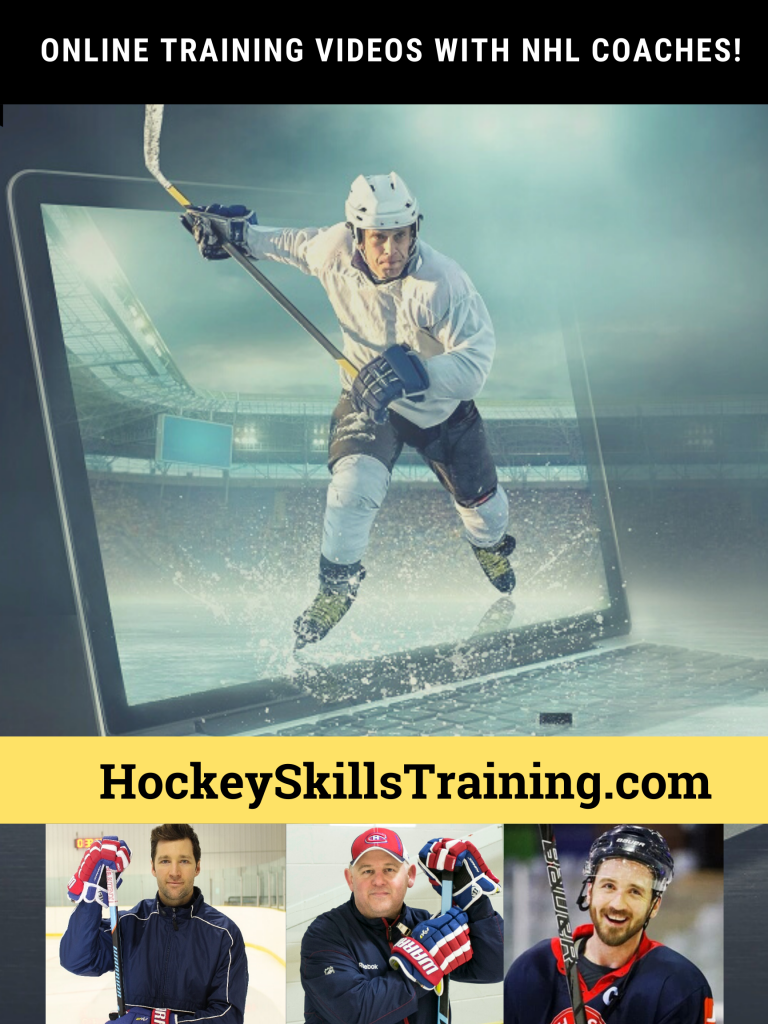Are you a new Minor Hockey Coach? Preparing for a new hockey season may not be as easy as you think. There are plenty of things that need to be taken care of before you can get to coaching, like preparing for practices, organizing your staff, and getting in touch with the parents. Below is a list of the seven most important things you need to do to prepare for next season as a minor hockey coach.
Organize the Staff
You can’t run an entire hockey team on your own. That’s why you’ll need a team of talented coaches, Team manager and other staff helping you along the way. One of the first things to do to prepare for the next hockey season is to choose your coaching and managerial staff. This can include positions like assistant coaches, managers, a treasurer, specialized trainers, and more. If you previously coached, you may decide to keep the same staff as last season, or you may need to make some changes. Once you have your staff chosen, you’ll also need to delegate tasks. Some responsibilities can be shared, like the assistant coach helping you develop some drills and exercises. Other responsibilities can be completely taken care of by your staff, like the management team planning the fundraisers and other off-ice bonding activities.
Book Ice Times
You’ll need to get a move on and book ice times at your local arena for weekly practices. This can be done yourself or delegated to someone on your management team. No matter who does it, you need to make sure it gets done; it’s the next most important step in preparing for a hockey season after having an actual team. Be sure to share the schedule online for parents to see and remind them that ice times can always change…so to keep checking frequently.
Drills
Once you have your staff and the ice is booked for practices, you need to know what you’re going to teach at those practices. In other words, you need to have a good set of hockey drills ready to keep your team busy and learning during their practices. There are thousands of drills available online, some for free and some you may need to pay for. If you are a returning coach, you probably already have plenty of drills that you can use again for the coming season. You may find that some drills were very successful, while others weren’t. Make the appropriate cuts and find or create new drills if needed.
Rules
Every good coach should set some boundaries for their team. Yes, hockey is focused on competition, excitement, and fun. However, it’s still important that every player feels included, safe, and happy when they play with their team for the season. Of course, the league itself will have their own rules which include topics such as harassment and bullying, however, feel free to add a few yourself if needed. You may have experienced something in the past that you feel should have been a rule or maybe you’re feeling that one or more of your rules are outdated and can be removed. Either way, having an up-to-date, fair list of rules can help keep your team both safe and happy.
Contact Parents
Once you have your team roster set, you’ll need to contact the parents of each player to let them know the plan for the season. This can be done by phone call, email, or even a live meeting where you sit all the parents down together to go over the outline. Some typical information conveyed to the parents at the start of the season are: practice times, Arena location, the schedule for any special activities, the game schedule, contact information of the coaching and management staff, how you will maintain contact throughout the season, etc. Just include any information that is important enough to keep the parents well-informed and happy. Remember, a lot of non-crucial information can be given to the parents via phone or email later in the season if necessary.
Development Training
You may do a fantastic job as coach, able to teach your players everything they need to know and make them all superstars by the end of the season. Chances are, however, that you will need some help. Of course, coaches are “qualified” to teach their players, so they know what they’re doing, but extra instruction from an expert can be very highly helpful to any hockey team. That’s why most coaches book development training for their hockey team. This may be in the form of a specialized trainer (Goalie, Skating, Shooting or Stick Handling), to work with the team or a camp that focuses on specific skills. While it may cost a pretty penny, it can be well worth it for the development of the players. This is another example of a task that can be done by either the head coach or delegated to another staff member to look after.
Self-Assessment
If you’ve coached before, take a few hours to sit down and really think about all the things you did well as a coach and all the areas that could use some improvement. Afterwards, plan for next season to focus on your areas of strength and improve your areas of weakness.
Let’s say your season just ended and you sit down to do your self-assessment. You figure you did well at communicating with your players, pinpointing their weaknesses, and motivating your team. But at the same time, you lost your patience a little too easily and had a few incidents where you forgot players’ names. Brainstorm possible ways to improve on your weaknesses and then work on them. Also, keep your strengths in mind and highlight them; use them to your advantage for the next season. Doing this only contributes to making coaches better at their job, which will translate to the players becoming more skilled, more quickly because of better instruction.
There you have it. Remember that a lot of these tasks can be shared between you and your team members. Look forward to all the joys that coaching brings and don’t forget to have fun!






